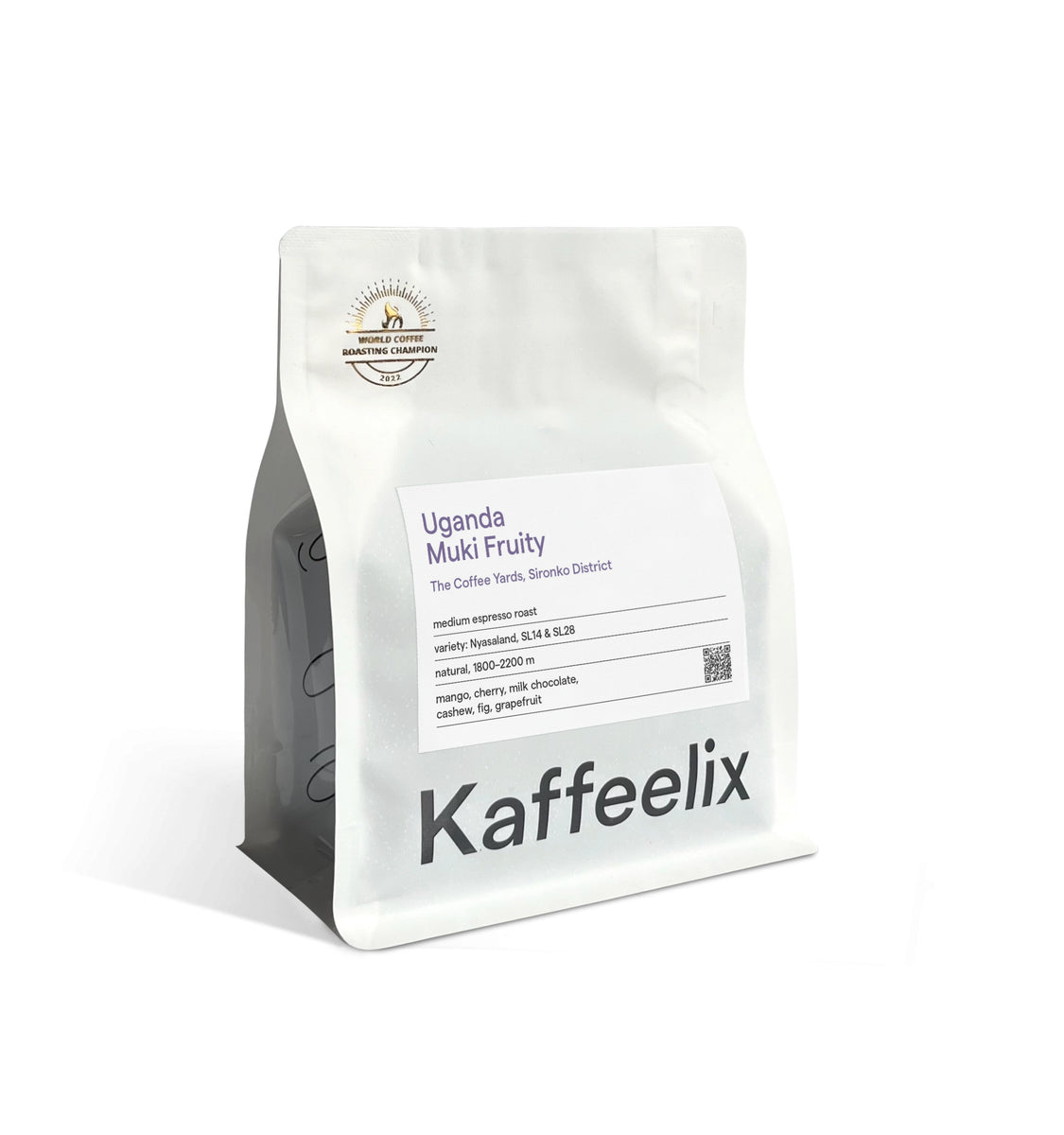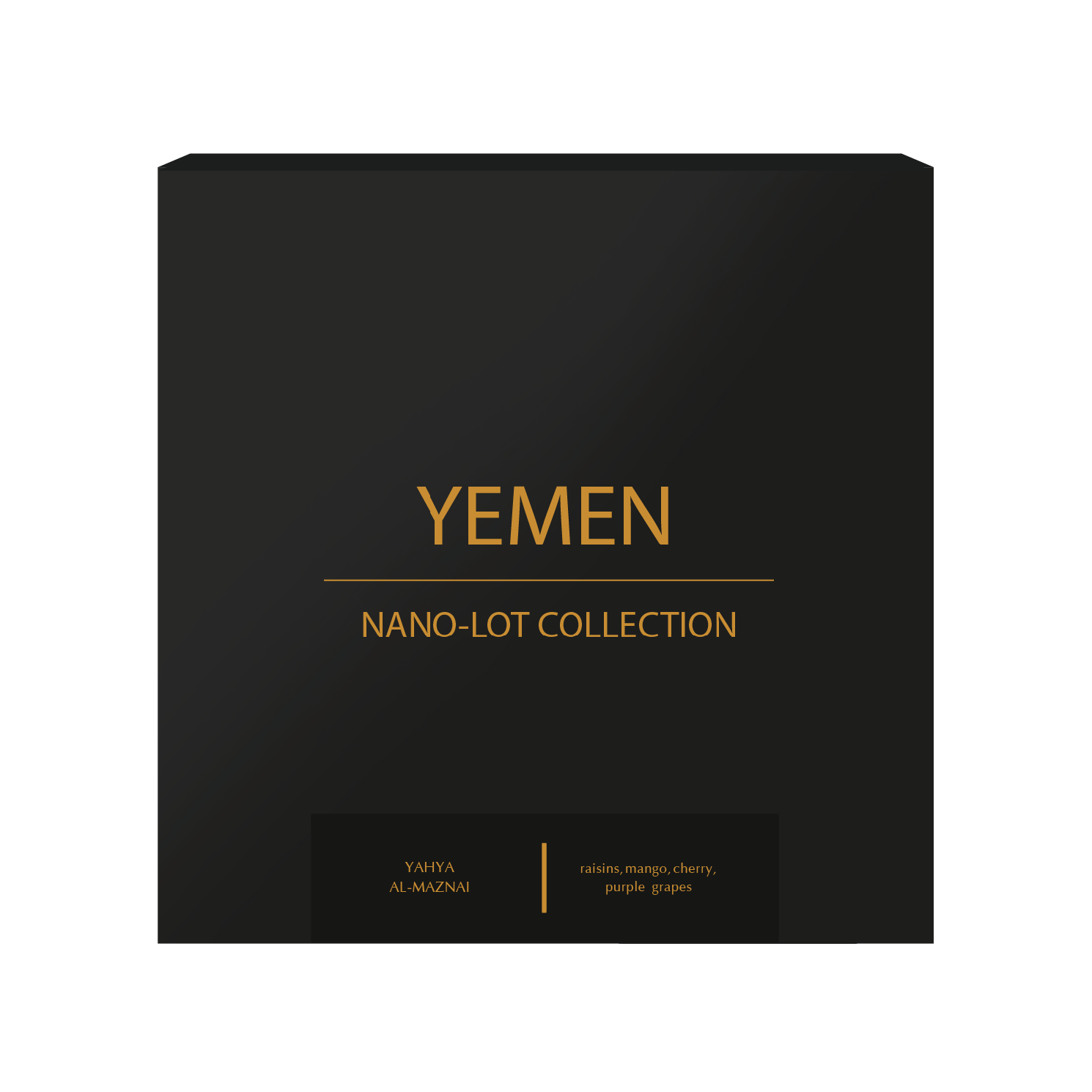
Yemen - Yahya Al-Maznai Mazana'a Village
Tasting Notes
Description
Producer: Yahya Al-Maznai Farm: Al-EnabaLocation: Mazanaa Village, West Haraz Variety: Odaini, Ja'adi Process: Natural Anaerobic Altitude: 2,230 masl Fermentation ▪▪▪▫▫ Sweetness ▪▪▪▪▫ Acidity ▪▪▪▫▫ Roast ▪▪▪▫▫ Constantly beset by challenges beyond their control — from socio-economic upheavals to environmental constraints — Yemen's coffee-farming families persevere in perpetuating their forefathers' agricultural heritage. Amid the arduous topography, the coffee farming families resiliently tend to coffee trees that thrive across terraces clinging to the steep and arid yet fertile highland terrains. In this area’s specific climatic and agronomic conditions, the coffee cherries grow to capture singularly extraordinary, sweet, and nuanced notes not found elsewhere. The Haraz region, being at the forefront of Yemeni specialty coffee production, has become known for its peerless landscapes and is endearingly referred to as "the land above the clouds" because of its high elevation amid the Sarat mountain range. Apart from the high altitudes, its location — some 150 km inland from the Red Sea’s primary port of Al-Hudaydah, parallel to the eastern coast of the Red Sea and with the Gulf of Aiden to the south — also contributes to the beneficial conditions for growing coffee with potential for the finest sensory attributes. Odaini, unique to the Yemeni terroir, is currently the most widely known coffee variety to originate from the country, where Odaini is one of the several vernacular names the farmers use to identify their coffees. This variety is commonly associated with coffee trees in the Ibb Governorate, whose leaves tend to be elongated and tapered toward the tip, giving them the graceful and cascading appearance by which coffee farmers visually distinguish them from others. Jadi, meanwhile, is another one of the numerous vernacular names used to identify Yemeni coffee varieties. It is associated with coffee trees in the Sana’a Governorate, with wavy leaves and whose cherries are clustered closely together. It is lesser known than the most widely recognized Odaini variety, prominently associated with coffees from the Ibb Governorate. The discrete identity and specific attributes of coffees referred to as Jadi, along with the array of Yemeni varieities, have yet to be determined according to a recent 2022 MDPI Agronomy study. As for Haraz-grown Jadi cherries, flavor profiles are inclined toward complex acidity and high sweetness, rich berry, and dried fruit nuances, accompanied by a winey character. Prior to the involvement of civic-minded and specialty coffee-proficient producers like Mokha not Mocha, the Mazaana Village coffee farmers would have solely relied on a combination of their practical experience and their inherited, pragmatic understanding of how to cultivate, pick, and process the coffee cherries. Detrimental practices that had been discontinued include indiscriminate picking of coffee cherries regardless of ripeness level, and carrying out the crucial post-harvest processing phases of fermentation and drying, as well as storage, in uncontrolled and unsatisfactory environments that compromised the organoleptic attributes of the coffees. By introducing refinements in the farming communities’ customary practices and providing ongoing support to improve processes, equipment, and infrastructure, Mokha not Mocha creates opportunities to reveal distinctive sensory qualities in the cup, resulting from the impeccable match between the Typica-Odaini variety and the peerless Yemeni terroir. In so doing, too, they contribute to ensuring that the market value attributed to Yemeni coffee is commensurate to the hard work of generations of Yemeni coffee farmers and the prestige befitting Yemen as the mythical origin of coffee.
Origin
Purchase
Similar Beans
Based on tasting notes and processing method
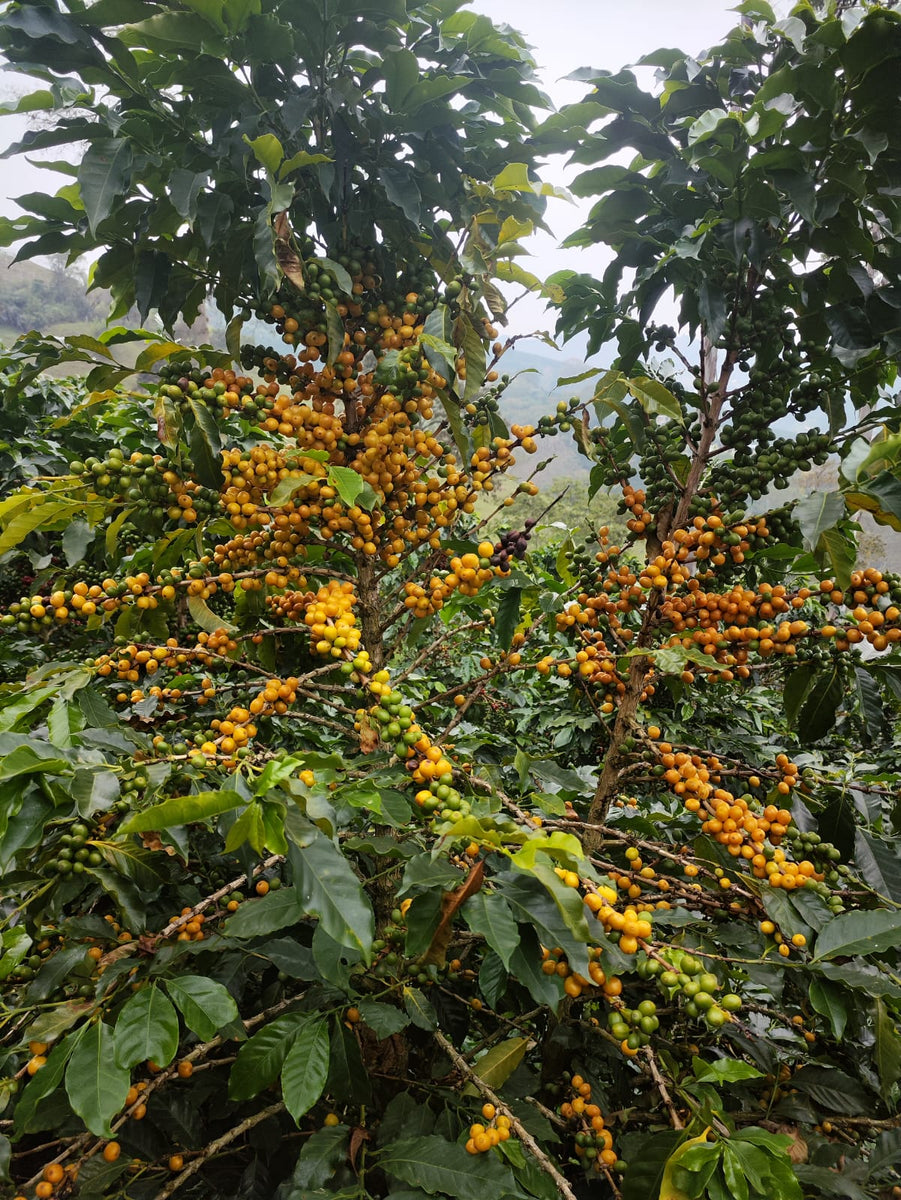
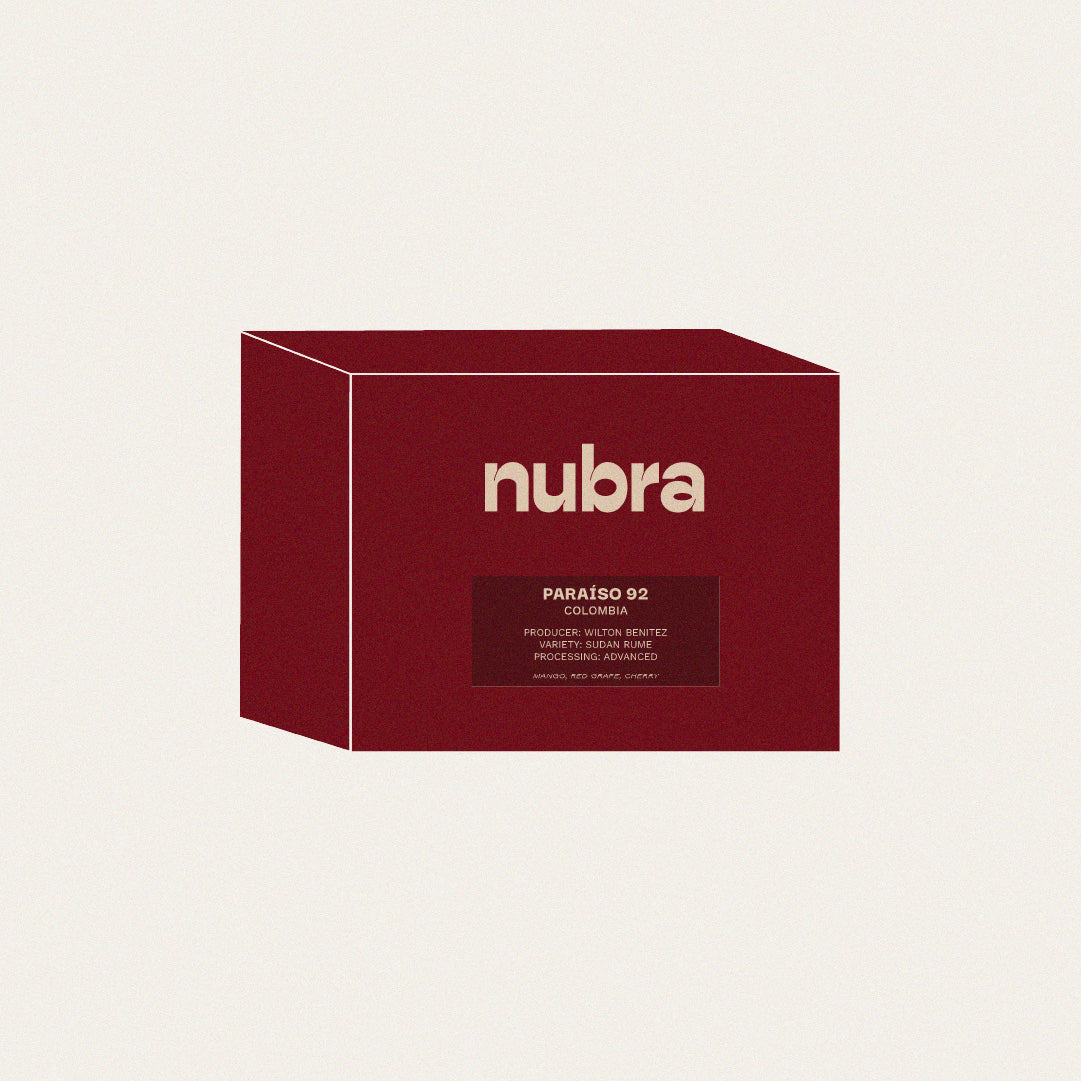
Colombia Wilton Benitez - Sudan Rume
Nubra Coffee Roasters
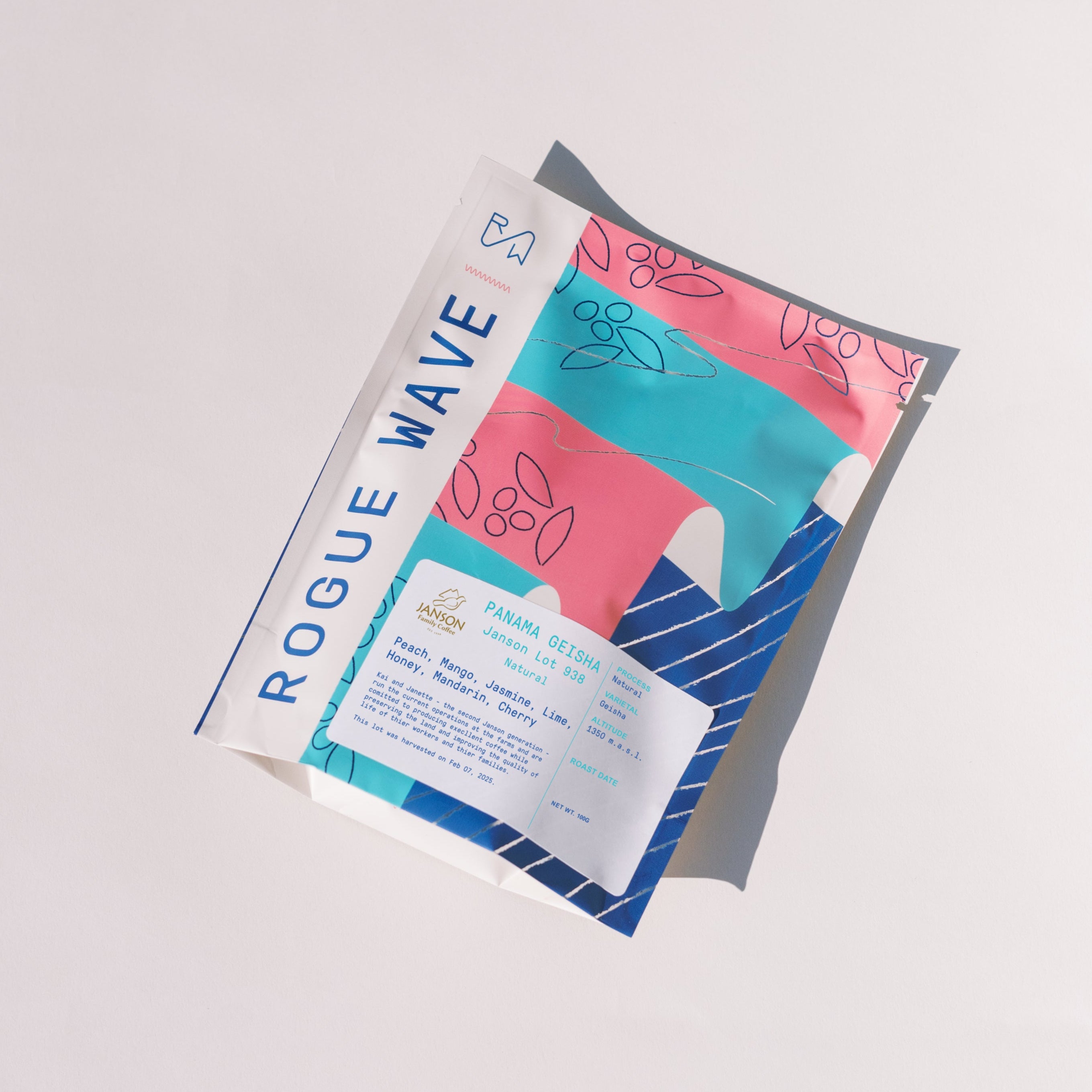
Panama - Janson Geisha Lot 938 | Natural
Rogue Wave Coffee
